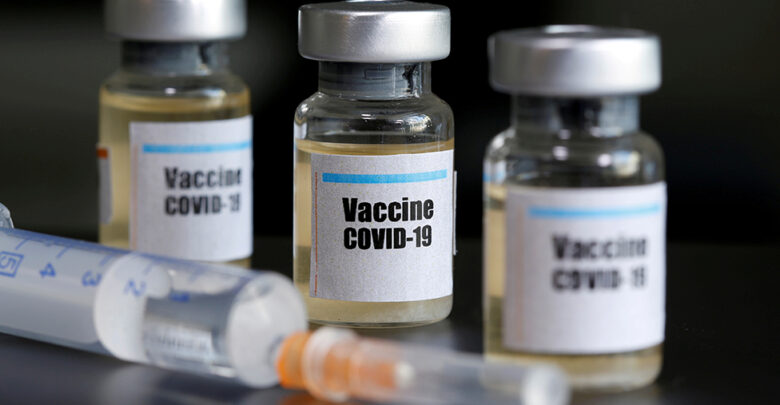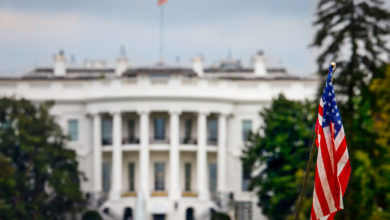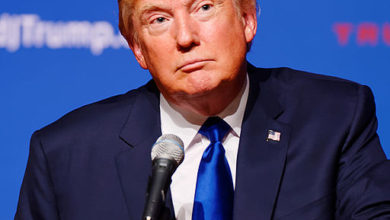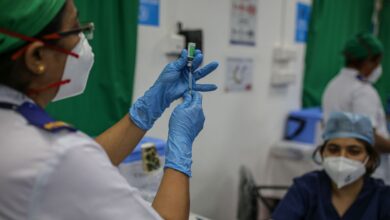
The African Union (AU) on Thursday said African countries should continue their coronavirus vaccine campaigns with Astrazeneca’s vaccine, echoing the World Health Organization (WHO) by saying the vaccine’s benefits outweighed risks, reported Reuters.
The African Union’s recommendation comes after several European countries suspended the use of the AstraZeneca vaccine amid concerns over the risk of blood clots. Some African countries have already stopped the use of the AstraZeneca vaccine.
Notably many countries on the continent have begun immunizing their people using free AstraZeneca shots distributed by the COVAX facility, a global scheme co-led by the WHO that delivers vaccines for free to some low and lower-middle-income countries.
On Friday the Democratic Republic of Congo (DRC) delayed the rollout of the shot, citing the suspension of the use of the shots by European countries.
During a news conference, John Nkengasong, director of the Africa Centers for Disease Control and Prevention (African CDC), said the AstraZeneca vaccine’s benefits still outweigh the risks and countries should move forward with it.
The head of the disease control body added that any adverse reactions should be monitored and reported.
The WHO’s Africa director Matshidiso Moeti told a separate briefing that countries should continue with their vaccination campaigns without any delay. He said the more people are protected with vaccines, the less are the chances of mutations producing more dangerous variants of the virus.
Earlier this week, AstraZeneca said that a review of safety data of more than 17 million people in the United Kingdom and European Union who had been given its vaccine had shown no evidence of an increased risk of blood clots.
The European Medicines Agency also found the AstraZeneca vaccine as safe and effective, saying that its benefits outweigh the risks. The EU medicine regulator conducted a review after 13 European countries suspend the vaccine. It said the vaccine was not associated with higher risks of clots.






